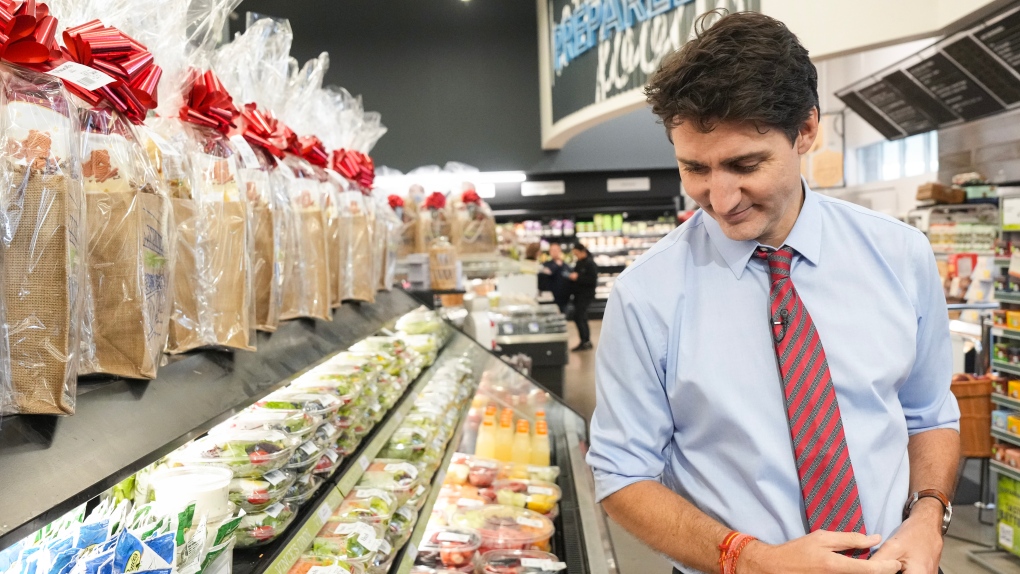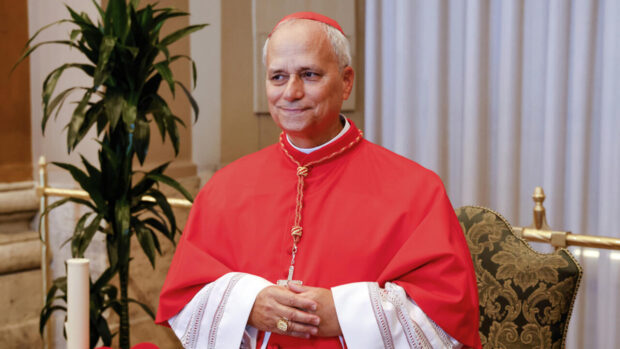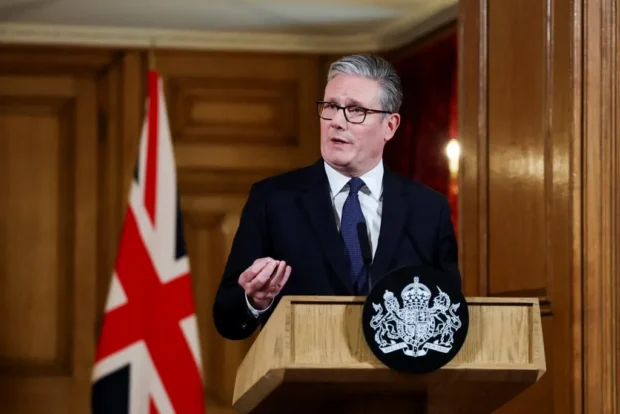
Prime Minister Justin Trudeau unveiled a comprehensive tax relief package Thursday, introducing both a temporary removal of federal sales tax on essential items and a one-time rebate payment for working Canadians. The measures aim to address ongoing affordability challenges facing Canadian households.
Starting December 14 through February 15, Canadians will enjoy a break from the Goods and Services Tax/Harmonized Sales Tax (GST/HST) on a wide range of consumer goods. The tax relief applies nationwide, with enhanced savings in provinces using the harmonized system (Ontario, Newfoundland and Labrador, Nova Scotia, New Brunswick, and Prince Edward Island).
The tax holiday covers numerous everyday items including restaurant meals for dine-in, takeout, and delivery; pre-prepared foods and platters; bakery items and desserts; snack foods and beverages; children’s items such as clothing, footwear, car seats, and diapers; entertainment items including video games, consoles, board games, and puzzles; holiday items and Christmas trees; print newspapers and select books; and various alcoholic and non-alcoholic beverages.
The federal government estimates the tax relief program will cost approximately $1.6 billion and save families roughly $100 on every $2,000 spent on qualifying items. Savings will be greater in HST provinces due to the combined federal-provincial tax break.
Complementing the tax holiday, the government announced a new “Working Canadians Rebate” – a one-time payment of $250 available to individuals earning $150,000 or less annually. The rebate is expected to benefit 18.7 million Canadians and is scheduled for distribution in early spring 2025. Recipients must file their 2023 tax returns to qualify, and payments will be delivered via direct deposit or cheque through the Canada Revenue Agency.
The announcement comes amid complex political dynamics. The New Democratic Party (NDP), while supporting the measures, criticized their limited scope. Party leader Jagmeet Singh noted they had “fought for this” but called it a “Liberal let down” for excluding monthly bills. The NDP confirmed they will vote in favor despite reservations and proposed pausing current parliamentary privilege motions to expedite passage.
Conservative Leader Pierre Poilievre dismissed the initiative as a “two-month temporary tax trick,” arguing it wouldn’t offset increased carbon tax impacts. He avoided direct commitment on voting intentions and criticized the temporary nature of the relief. Meanwhile, Bloc Québécois Leader Yves-Francois Blanchet expressed cautious support, acknowledging benefits to consumers while raising concerns about potential electoral motivations.
The measures face several implementation hurdles, requiring legislative approval amid current parliamentary deadlock. They need support from opposition parties to pass and must navigate existing House of Commons standstill over document disclosure disputes, all while facing timing pressure to implement by the December 14 target.
Trudeau defended the timing of these measures, noting changed economic conditions. He pointed to declining inflation rates and highlighted the Bank of Canada’s interest rate adjustments, arguing the current economic climate allows for consumer relief without inflationary risk.
According to Abacus Data CEO David Coletto, the measures could yield political benefits, likely generating significant public awareness and addressing the top voter concern of cost of living. However, they may present challenges when the measures expire. Coletto suggests there could be pressure to extend relief, especially with a potential spring election looming.
The temporary nature of the tax relief, combined with upcoming carbon price increases, raises questions about the long-term political sustainability of the program. Analysts suggest political considerations may ultimately influence whether these temporary measures become permanent, particularly given the possibility of an election in the coming months.

















Be the first to leave a comment